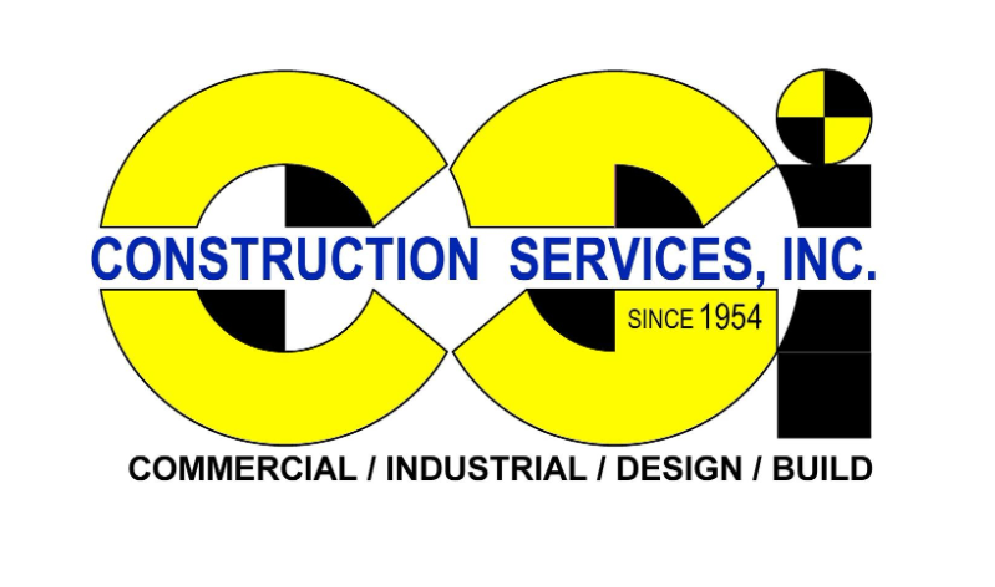What Property Owners Need to Know About Construction Management
Construction management is an essential discipline that entails strategic planning, coordination, and control over a project's life cycle. For property owners, understanding these management processes is crucial to ensuring the successful execution of construction projects. Effective oversight in construction projects significantly determines the project's outcome, influencing factors such as cost, time, and quality. The fast-paced nature of modern-day construction necessitates a deep understanding from property owners to align the project's goals with desired results. This article aims to provide property owners with insights into the fundamental aspects of construction management to aid in achieving successful project outcomes.
Understanding the Basics of Construction Management
Construction management involves the application of project management techniques specific to construction projects. It encompasses various responsibilities, including planning, coordinating, budgeting, and supervising construction processes from the start to the conclusion of a project. The scope of construction management covers diverse project types, from residential buildings to commercial infrastructure and industrial facilities. This domain requires adeptness in handling simultaneous tasks across different dimensions, such as ensuring compliance with regulations, managing suppliers, and leading construction teams. Given its extensive reach, construction management is pivotal in transforming architectural designs and construction plans into tangible structures. According to the Bureau of Labor Statistics, the employment of construction managers is projected to grow 9% from 2023 to 2033, much faster than the average for all occupations.
At the heart of construction management lies the construction manager, a professional akin to an orchestra conductor, harmonizing various elements to achieve project goals. Their role is multifaceted, requiring them to liaise with architects, engineers, and stakeholders while overseeing on-site activities. Construction managers ensure adherence to project specifications, supervise timelines, and handle any arising issues during the project lifecycle. With industries facing fluctuating demands, the Bureau of Labor Statistics projects a 9 percent growth in the employment of construction managers from 2023 to 2033, emphasizing their increasing significance. This growth highlights the demand for professionals who can manage complex construction requisites effectively.
Construction projects are categorized into various types based on their unique requirements and purposes. Common project types include residential, where the focus is on housing structures; commercial, involving facilities or buildings for business use; and industrial, relating to factories or heavy engineering plants. Each project type demands different expertise levels, regulatory compliance, and management approaches. For instance, residential projects might prioritize aesthetics and functionality, while industrial projects focus on structural robustness and technical specifications. Understanding these distinctions helps property owners make informed decisions, aligning their vision with project execution strategies.
The success of a construction project heavily relies on the seamless collaboration between various stakeholders. Key players include the property owner, architect, construction manager, civil and structural engineers, project managers, subcontractors, and suppliers. Each stakeholder contributes to different facets of the project, bringing specialized knowledge and skills necessary for tackling specific challenges. For property owners, recognizing each player's role ensures better communication and coordination throughout the project's duration. Clear delineation of responsibilities helps prevent disputes and streamlines efforts towards achieving common project objectives.
Familiarity with construction terminology equips property owners with the ability to communicate effectively with project teams. Terms like "RFI" (Request for Information), "punch list" (a document listing unfinished work), and \"change order\" (an amendment to the contract) are frequently used. Construction terminology bridges the gap between various project phases, ensuring that expectations are clearly communicated and understood. Educating themselves on these terms not only empowers property owners when discussing project specifics but also enhances their confidence in making informed decisions. This knowledge ultimately fosters a proactive approach to tackling construction management challenges.
Project Planning and Design
A meticulously crafted plan serves as the blueprint for project success. Comprehensive planning involves defining project objectives, determining timelines, outlining resource allocation, and establishing evaluation criteria. An effective plan predicts potential obstacles, facilitating preemptive action that mitigates unforeseen disruptions. For property owners, introducing robust planning methodologies lays a foundation for organized execution, cost management, and adherence to timelines. Implementing a strategic plan effectively synchronizes activities, allowing stakeholders to prioritize tasks and optimize resource use.
The design phase plays a critical role in manifesting the vision and specifications set for a construction project. During this phase, the project's architectural design, engineering assessments, and aesthetic aspects are developed, affecting both functional and visual elements. Property owners collaborate with architects and designers to ensure the design aligns with regulatory requirements and project goals. Effective design decisions have lasting impacts, influencing project costs, timeline, sustainability practices, and long-term maintenance needs. Engaging in the design phase actively enables property owners to steer the project toward desired outcomes while minimizing costly changes during later stages.
Navigating regulatory compliance and permitting channels is a paramount aspect of successful construction management. Legal frameworks define safety standards, environmental constraints, property codes, and regional zoning laws impacting construction projects. Property owners must familiarize themselves with relevant regulations to ensure adherence and avoid project delays or legal disputes. Working with experts to secure necessary permits guarantees project legitimacy and prevents penalties. Regulatory compliance not only promotes safety and quality but also enhances the project's credibility and market desirability.
Accurate budgeting and cost estimation are pivotal for financially viable construction projects. Cost estimation involves assessing all potential expenses, including materials, labor, equipment, overheads, and contingencies. By collaborating with financial advisors and experienced estimators, property owners can develop realistic budgets aligning with financial capacities and project scope. This proactive approach mitigates financial risks, preventing cost overruns and fostering trust among stakeholders. Implementing stringent cost-control measures ensures the project remains on track financially, accommodating unforeseen expenditures without compromising quality.
Inherent uncertainties accompany construction projects, necessitating comprehensive risk assessment and management strategies. Risks encompass external elements such as weather disturbances or supply chain disruptions, alongside internal issues like design changes or workforce challenges. Property owners must engage in proactive risk management, conducting regular assessments to identify potential threats and develop contingency plans. Effective risk assessment and management foster resilience, enabling projects to adapt to unforeseen events while minimizing negative impacts. A robust risk management strategy secures project continuity, safeguarding investments and promoting steady progress towards completion.
Contractual Agreements and Procurement
Construction contracts serve as legally binding agreements outlining the responsibilities, scope, costs, and timelines of involved parties. Common contract types include lump-sum, cost-plus, time and materials, and unit price contracts, each offering unique benefits and constraints. For property owners, understanding the nuances of each contract type aids in selecting agreements that align with project goals, risk profiles, and budget considerations. Clear contractual agreements prevent misunderstandings and disputes, establishing a solid foundation for project execution. Engaging legal experts during contract negotiation ensures fairness, transparency, and compliance with applicable laws.
The bidding process is a critical stage in construction management where contractors submit proposals to undertake a project. Property owners must evaluate bids to assess contractors' technical capabilities, reputation, cost structures, and proposed timelines. A thorough evaluation of bids ensures the selection of contractors whose offerings align with project objectives and quality standards. Implementing a structured bidding process fosters competitive pricing while promoting transparency and accountability among prospective contractors. Adhering to fair bidding practices fosters sustainable relationships, reinforcing trust and cooperation throughout the project's lifecycle.
Understanding construction management intricacies empowers property owners to steer projects towards successful outcomes, achieving alignment with strategic objectives. Comprehensive engagement in project processes enhances stakeholders' commitment, ensuring timely delivery, cost efficiency, and quality adherence. As construction landscapes evolve, property owners must remain informed about emerging trends, technologies, and best practices, positioning themselves advantageously within competitive markets. Through informed decision-making, collaboration, and continuous improvement, property owners influence construction management practices, promoting excellence and accountability.
Ultimately, well-rounded construction management ensures projects leave lasting, positive impacts, driving sustainable growth and operational success for property owners and their communities. Be sure to reach out to Construction Services Inc today for more information on our professional construction management!





Share On: